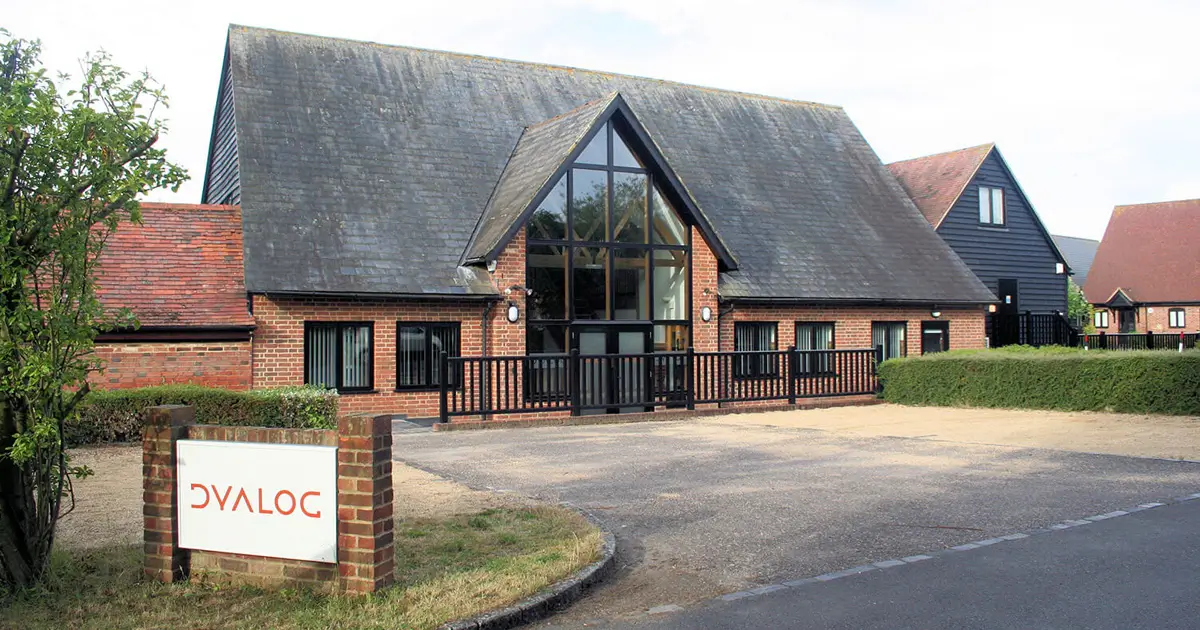Why is Dyalog APL Closed Source?
Exploring the rationale behind a closed source approach
Dyalog APL, a powerful tool for mathematical notation and computation, remains a closed-source product. This decision is rooted in a variety of reasons, ranging from the company’s commitment to its longstanding user base to practical challenges and philosophical considerations.
Commitment to Long-Term User
Dyalog APL has been a cornerstone for many organisations for decades, some employing thousands of people and relying heavily on the stability of the product. These users require a language system that serves as an enhanced mathematical notation—a tool of thought that remains consistent over time. The most critical aspect for these users is that their existing code continues to work without issues, maintaining the integrity and reliability they have come to depend on. They also expect Dyalog to take perpetual responsibility for the product, ensuring its functionality “forever.”
Financial and Ethical Considerations
Dyalog’s business model is built on a traditional yet effective premise: users pay for the reliability and ongoing support of the product. This financial model ensures that Dyalog can maintain a stable and dedicated workforce, prioritising user needs over transient industry trends. This model also fosters a deep ethical commitment to users, ensuring that their requirements are always at the forefront of development decisions.
Open source software can often be mischaracterised as free, but in reality, someone always pays, and the motives behind such contributions can vary. Dyalog’s closed-source approach ensures transparency and accountability, avoiding the pitfalls of dependency on potentially transient or inconsistent contributors.

Suitability of Open Source for APL
The nature of APL users also plays a significant role in this decision. The most successful APL users are often professionals in fields other than software engineering, such as actuaries or chemical engineers. These users are more productive and generate greater value when focusing on their primary areas of expertise rather than contributing to the development of the APL interpreter. Consequently, the overlap between potential developers and users is minimal, making open-source contributions less practical and beneficial for this community.
Moreover, APL as a notation system needs to evolve slowly and under strict control to maintain its coherence and value. Open sourcing could lead to rapid, uncontrolled changes, resulting in fragmentation and diminishing the language’s utility as a consistent communication tool.
Pragmatic Challenges of Open Sourcing
The legacy of Dyalog APL, developed in a closed environment over several decades, presents significant challenges to open-sourcing. Exposing the source code could reveal vulnerabilities that have accumulated over years of closed development. Such a move could alarm customers due to potential security risks and create a perception that Dyalog is abandoning the product.
Additionally, transitioning to an open-source model would require a substantial overhaul of the current management and development processes. Dyalog’s team lacks experience in managing open-source projects, and the effort to do so effectively would be considerable. It could also necessitate an increase in operational costs and significant changes in the company’s structure, which could disrupt the stability that users depend on.
Current Open Source Initiatives
While Dyalog APL itself remains closed source, we’ve started open-sourcing various tools developed on top of APL. These tools are recent developments with a better overlap between users and developers, making them suitable for open-source contributions. This approach allows Dyalog to leverage the benefits of open source where appropriate while maintaining the integrity and stability of the core APL product.
Conclusion
Dyalog’s decision to keep APL closed source is deeply rooted in ensuring long-term stability, reliability, and user support. While recognizing the potential benefits of open source in other contexts, Dyalog prioritizes a business model that ensures the continuity and dependability of its products for its dedicated user base. This approach, built on decades of experience and user feedback, remains the best way to serve the needs of Dyalog APL users.

Any Questions?
Morten, CTO
